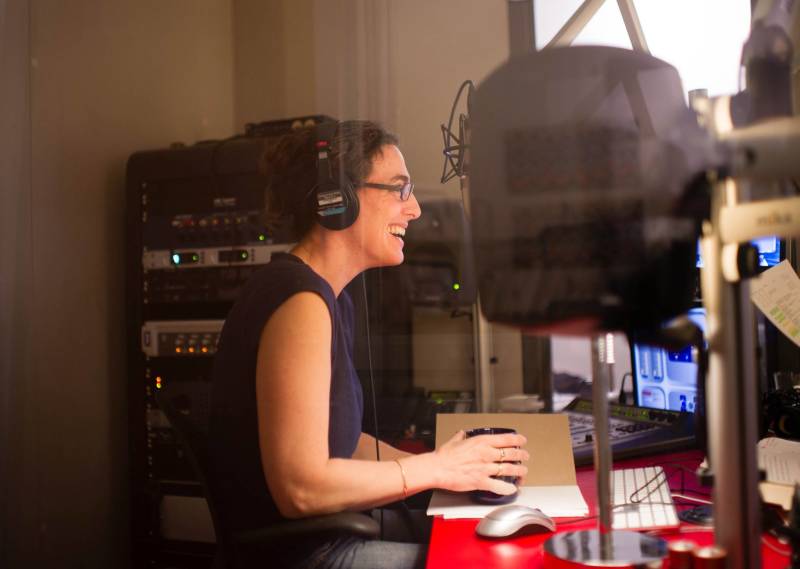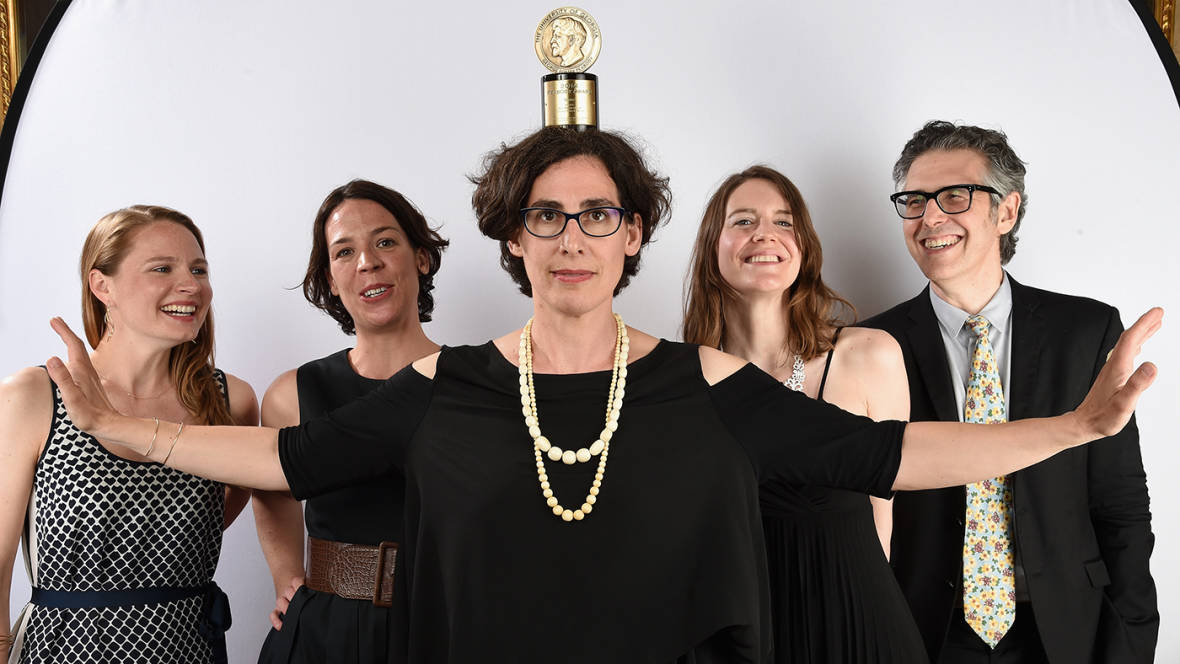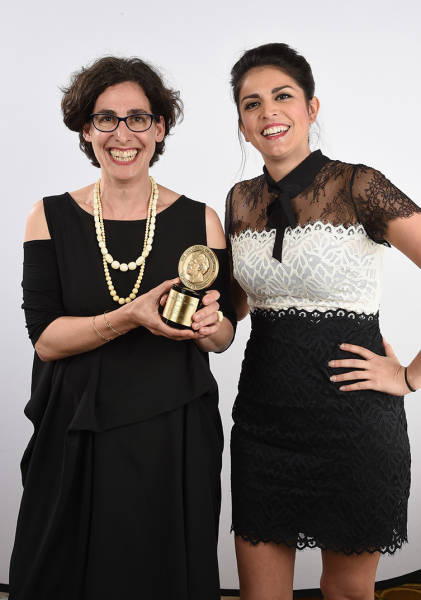The old adage is that a reporter should never be the story, but Serial host Sarah Koenig doesn’t have that luxury. The first season of her podcast was a national phenomenon when it debuted in October 2014: It was the first podcast ever to reach 5 million downloads, and has since been downloaded over 80 million times. Because Koenig is both the co-creator and the voice of Serial, she’s been pushed into the spotlight.
Her newfound fame has had its upsides, like the fact that she was listed in Time’s “100 Most Influential People,” parodied on Saturday Night Live, and had Stephen Colbert call her his “favorite guest of all time” (though it was kind of a joke). But it has had serious drawbacks as well. When the podcast first broke, the Internet lit up with blogs criticizing her reporting, with some going so far as accusing her of being attracted to the subject of the first season, Adnan Syed.
When we talked last month, Koenig made it clear that the fame was an unintended consequence, and one she could live without. What reporter wants to have stories speculating about what he or she could possibly be reporting on? Now, midway through the podcast’s second season, she has bigger things on her mind — like the demands of a show with a first season that refuses to end, as well as a brutal release schedule. At the time of our interview, Koenig was in between the release of two episodes on consecutive days, an unheard-of feat for a weekly podcast with a narrative. Thankfully she did have some time to answer a few of my questions.
KQED Arts: How does it feel to have the podcast, the flagship?
Sarah Koenig: I’m supposed to say it feels great, right? [Laughs] No, it’s exciting. Before I started doing it, it wasn’t a world I thought about at all. Now I’m recognizing that it’s really cool what we do.

When you first envisioned the podcast, why did you choose that as a medium?



